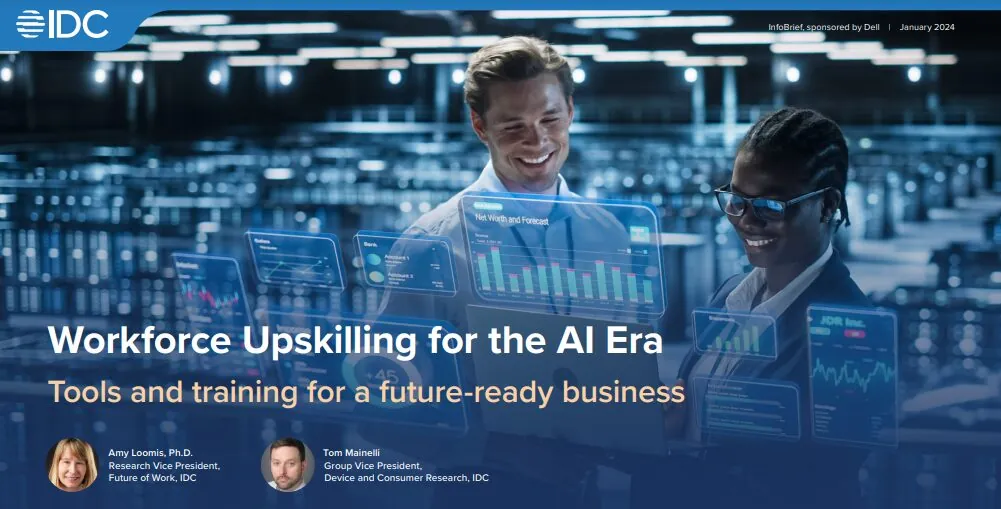The evolution of HR analytics has come a long way since it was introduced and organizations today have the ability to track all kinds of metrics to ensure that their people analytics, talent analytics, and workforce analytics are accurate. HR analytics, the application of statistics, modeling, and analysis of employee-related factors to improve business outcomes, empowers HR professionals to make data-driven decisions to attract, manage, and retain a successful workforce. The benefits of HR analytics are many including, improved ROI, improved retention rates, and improved business processes. Here’s everything you need to know about the evolution of HR analytics.
Do you know the benefits of HR analytics today?
HR analytics, thanks to the advances in technology, have come a long way since they were first introduced. From being able to only evaluate goals and KPIs to data-gathering, thanks to the evolution of HR analytics, HR professionals can do so much more with their data-driven metrics. Let’s take a look at a few of the new HR analytics available to HR professionals.
Employees Leaving the Company, A.K.A Employee Churn Analytics
One of the many benefits of HR analytics today is the ability to properly determine the likelihood of any employee leaving the company. This HR metric is predictive based on specific variables and can save you a lot of money when it comes to your recruitment efforts.
Employee Engagement
Employee engagement has become a very important HR metric for organizations today as more and more businesses begin to realize the impact engaged employees have on their bottom line. Measuring employee engagement allows employers to know the extent to which employees are involved in different projects, allows employees to identify with the corporate image or brand and believe in the organization, as well as allows employers and employees to align with the strategy of the business. The benefit of this new HR metric is improved retention and reduced turnover rates.
Performance Prediction
There are many benefits of HR analytics today and one of those benefits is being able to hire employees based on what they can bring to the company, rather than what their educational background is. Many employers today have begun to realize that having a degree doesn’t necessarily make a candidate a better match for an open position and in some cases, the experience is much more important. Thanks to the evolution of HR analytics, companies today can ensure that they’re hiring the best employees to fill any open positions, based on the performance they bring to the table and not their educational background alone.
Diversity
Our world is becoming increasingly diverse yet many organizations have a tough time hiring diverse employees. Thanks to the evolution of HR analytics though, organizations today can improve their diversity hire rate and experience the added benefits of HR analytics that diversity hires bring to a company.
From being able to only gather data but not do much with it to being able to determine the likelihood of an employee staying with your company for an extended period of time, the evolution of HR analytics is still an ongoing process but continues to improve HR processes at all types of organizations. Without proper HR metrics implemented at your organization, you will not be able to experience the massive amount of benefits of HR analytics today.




